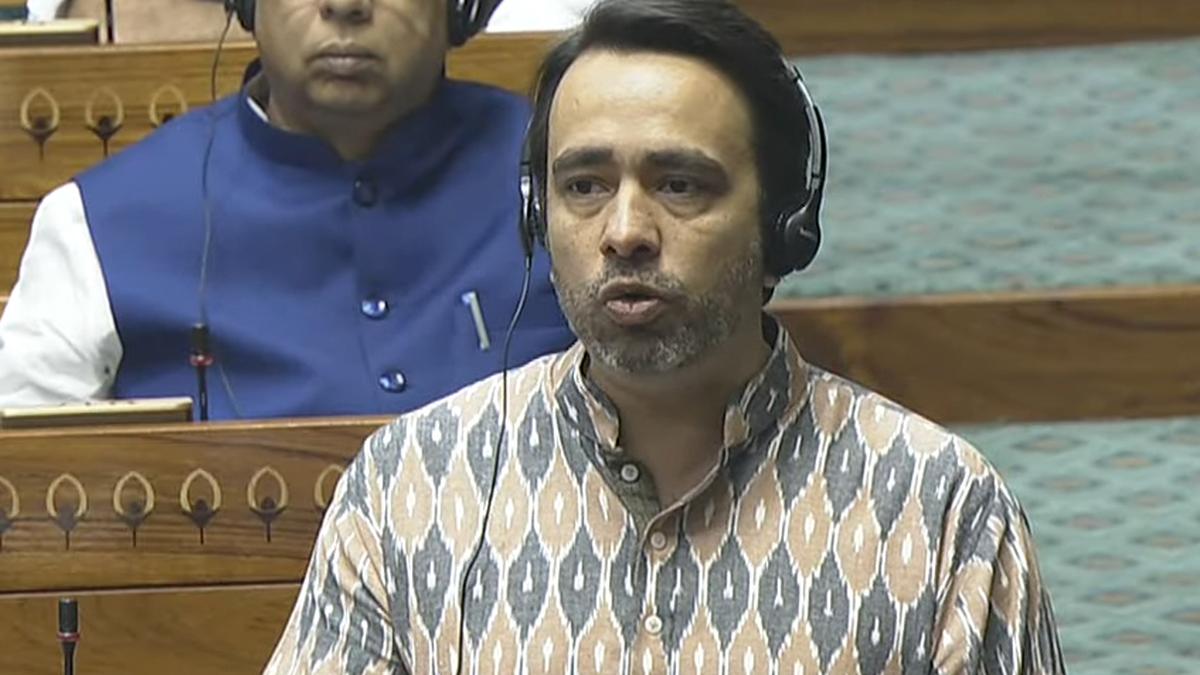Now Reading: States, UTs to Decide on Three-Language Policy Implementation: Union Minister
-
01
States, UTs to Decide on Three-Language Policy Implementation: Union Minister
States, UTs to Decide on Three-Language Policy Implementation: Union Minister

Speedy Summary:
- Education falls under the Concurrent List of India’s Constitution, allowing States and Union Territories to decide on implementing the three-language policy per NEP 2020 recommendations.
- The National Education Policy (NEP) 2020 encourages multilingualism through a flexible adoption of the three-language formula, considering state-specific needs and linguistic diversity.
- Union Minister Jayant Chaudhary emphasized that no language will be imposed on any State as per NEP guidelines.
- Extensive consultations were held with a broad spectrum of stakeholders before formulating NEP 2020 and National Curriculum Framework for School Education (NCF-SE), 2023.
- The NCF-SE provides implementation roadmaps for NEP’s Language Education goals,focusing on proficiency in at least three languages (R1,R2,R3) by specific age milestones:
– R1: Proficiency in mother tongue/State language by age 8.
– R2: Second distinct language proficiency by age 11.
– R3: Proficiency in third distinct language by age 14.
Indian Opinion Analysis:
The flexibility offered under NEP 2020 empowers States to tailor educational policies while safeguarding India’s rich linguistic diversity. Avoiding imposition ensures harmonious adoption across varied regional contexts without disrupting cultural or political sensitivities.Proficiency-based timelines within NCF-SE aim to enhance cognitive growth through multilingual education, fostering communication skills critical for global competitiveness. Though,successful implementation will depend strongly on coordination between State governments and educators to address practical challenges like teacher training and curriculum standardizations.
For more details: ANI/The hindu
























